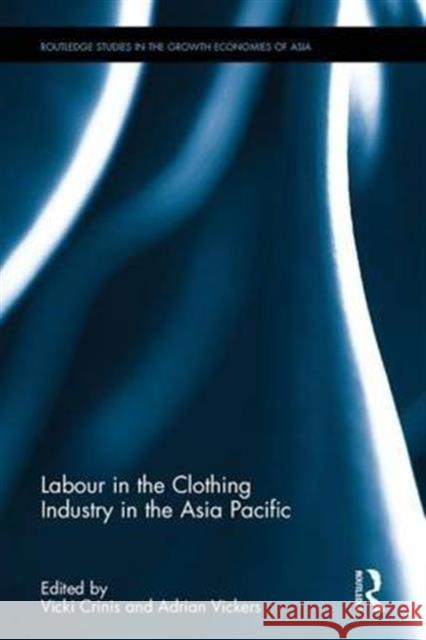Labour in the Clothing Industry in the Asia Pacific » książka
Labour in the Clothing Industry in the Asia Pacific
ISBN-13: 9781138125704 / Angielski / Twarda / 2016 / 204 str.
Labour in the Clothing Industry in the Asia Pacific
ISBN-13: 9781138125704 / Angielski / Twarda / 2016 / 204 str.
(netto: 736,50 VAT: 5%)
Najniższa cena z 30 dni: 705,23
ok. 30 dni roboczych.
Darmowa dostawa!
The clothing industry provides employment for 60 million workers worldwide. More than a quarter of these workers are employed in the Asia-Pacific region, where the industry is based on subcontracted production on behalf of international buyers. Rapid movements of manufacturing activity from country to country in search of cost advantages make clothing workers part of a globalizing labour market where they increasingly suffer from job insecurity. This book presents carefully researched case studies which highlight the ways in which labour is informalized, fragmented and made disposable by the globalization of production. Chapters address issues pertaining to rights and citizenship, and new forms of activism and organization in conjunction and coordination with diverse support groups, consumers, and wider global campaigns. Contributors further examine the role of the nation state, government regulatory bodies, as well as independent monitoring systems such as the International Labour Organization. Although there has been considerable effort directed to understanding how firms operate across multiple countries in studies of the organization of global production networks, and the implications for complexities of scale, (de)territorialization and state development projects there has been far less focus on how these processes produce precarious labour and reshape worker consciousness. Offering new insights into the understanding and support of workers in the global textile and garment industry, this book will be of interest to academics in a variety of disciplines including Asian Studies, sociology, political economy, development, human rights, labour and gender."











